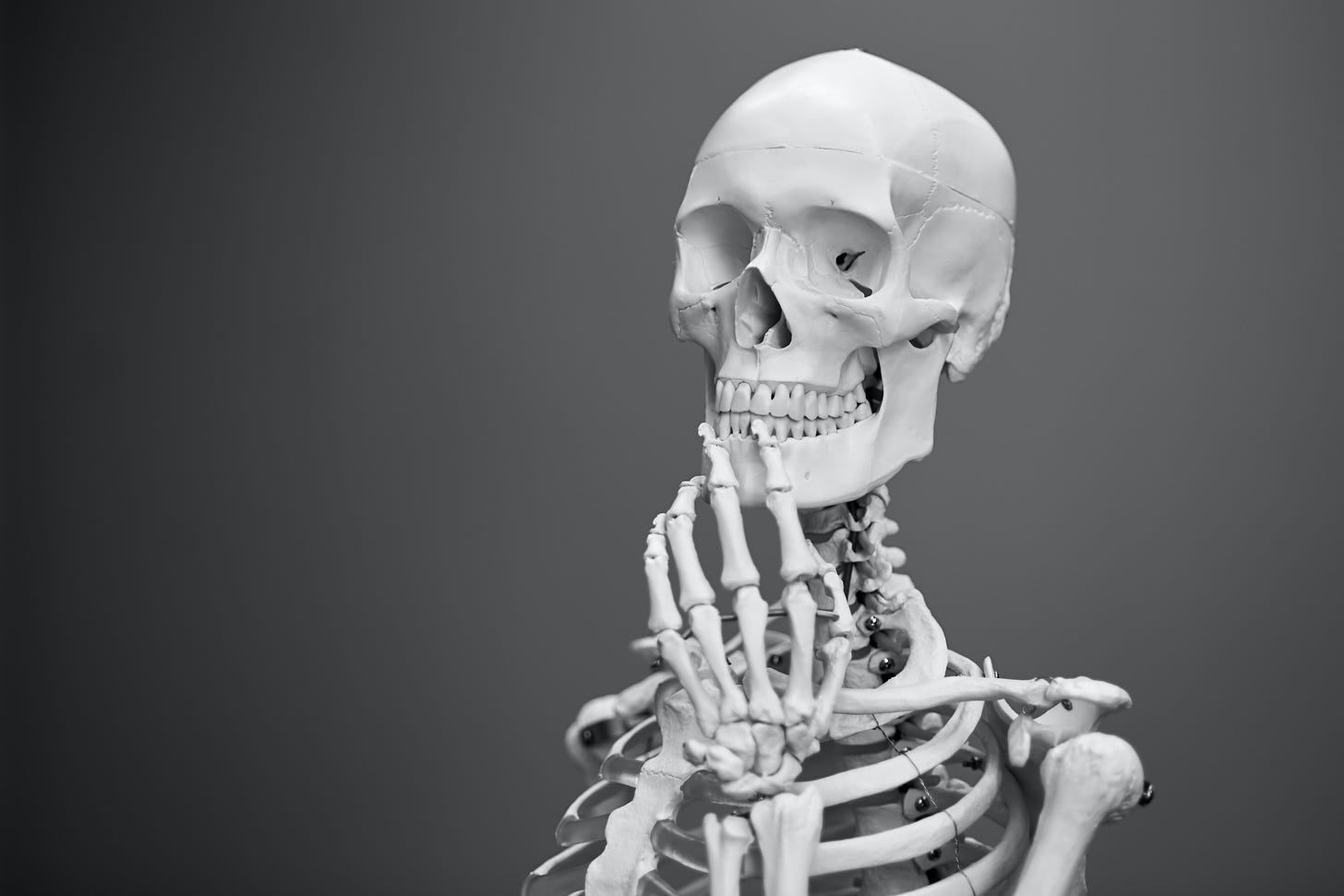Physiology Friday #136: Does Time-restricted Eating Negatively Impact Bone Health?
A short eating window may help you drop weight while maintaining a strong skeleton.
Hello friend.
Welcome to Physiology Friday.
I hope you’re learning something new and exciting each week from this newsletter. I am grateful to announce that last week, this newsletter surpassed the 1,000 subscriber milestone! As a thank you, I’m offering 20% off of a monthly or yearly subscription to my Substack.
Please visit some of the links below to ch…
Keep reading with a 7-day free trial
Subscribe to Physiologically Speaking to keep reading this post and get 7 days of free access to the full post archives.



